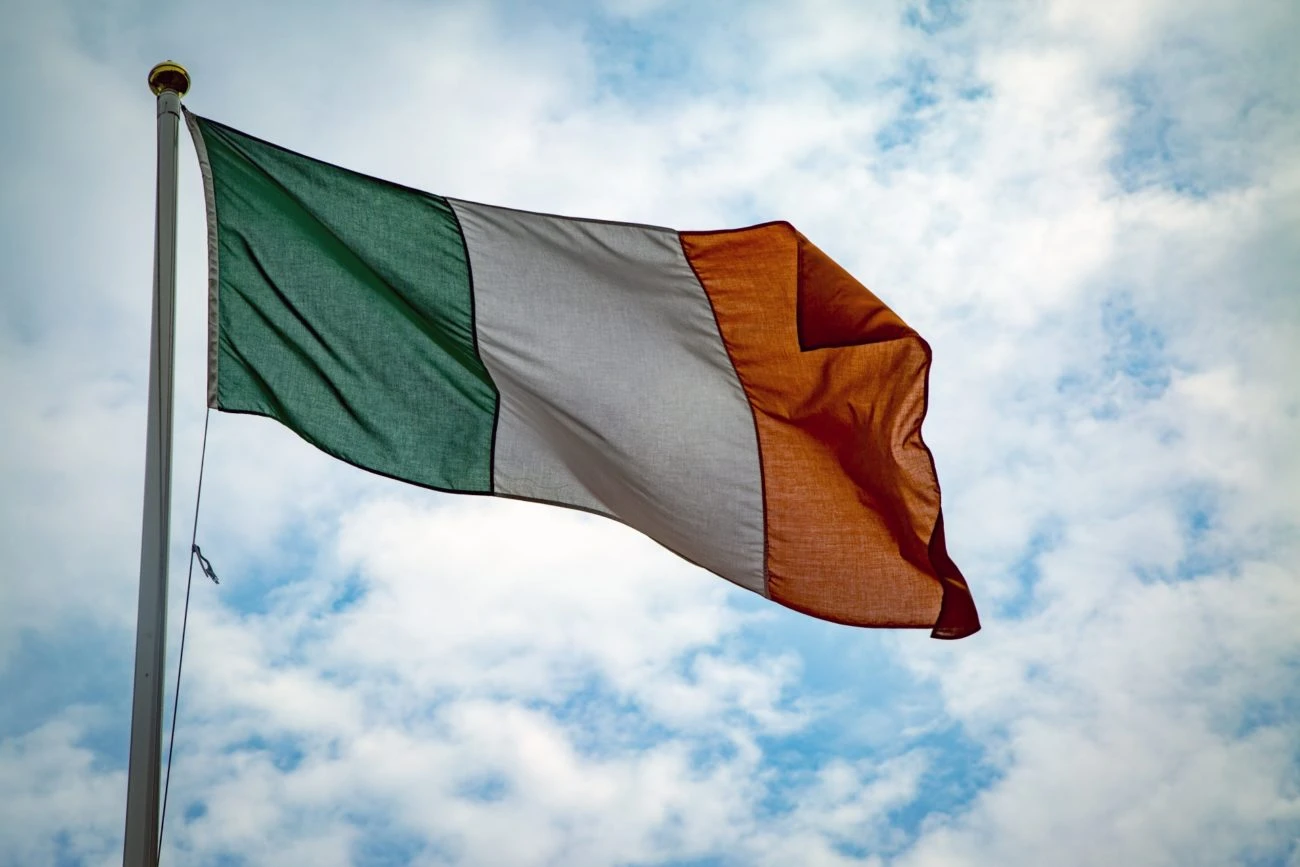EGBA welcomes Irish progress but raises concerns over free bet ban

Last week, Ireland’s Minister of State for Law Reform, Youth Justice and Immigration, James Browne TD, introduced the new ’General Scheme of the Gambling Regulation’ bill with the main aim of setting up an independent gambling authority set up to oversee the country’s gambling activity and regulations.
Other parts of the bill included place new regulations and laws for the gambling sector, with a focus on player protection measures such as establishing a national self-exclusion register and not offering credit or loans to consumers.
While EGBA praised the move in general, it did say that it was concerned over plans to introduce a ban on free bets in Ireland. EGBA said that this could push consumers who frequently use free bets to gamble with sites that are not licensed in the country and are as such not subject to Irish regulations.
“We welcome the Irish government’s publication of the General Scheme of the Gambling Regulation Bill; this is an important milestone, and it provides companies, including our own members, with some certainty as to the direction of travel of the legislation,” EGBA secretary general Maarten Haijer said.
“The EGBA looks forward to engaging with Minister Browne and his team to share our experiences from other European jurisdictions.
“With Ireland one of the two remaining countries in Europe which has no dedicated regulation of online gambling, this is an important opportunity to shape an Irish online gambling market which is well-regulated, meets the consumers’ needs and expectations, and sets a high level of consumer protection.”
The bill will now be submitted for drafting to the country’s Office of Parliamentary Counsel and will also be referred to the Oireachtas Justice Committee for pre-legislative scrutiny.
The accompanying legislative process is expected to take at least 12 months to finalise.
